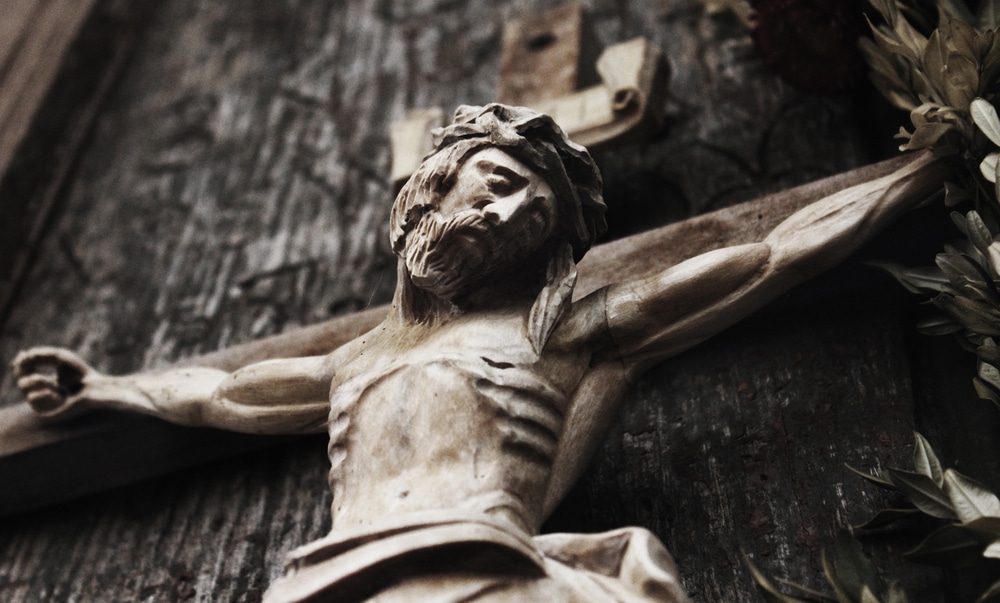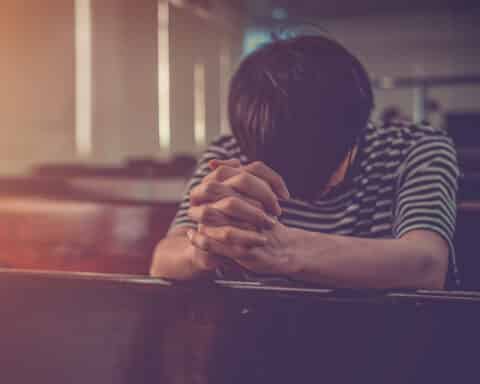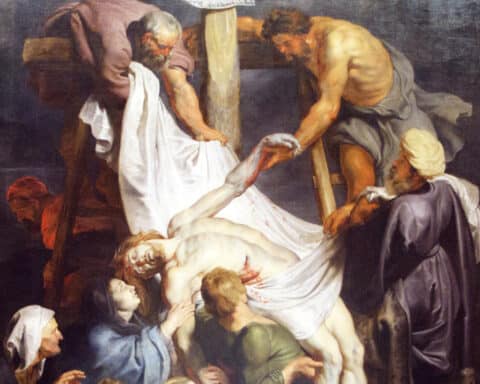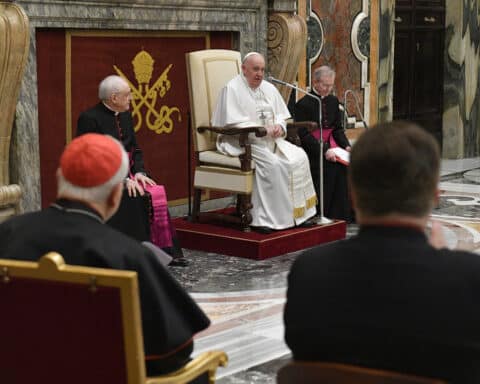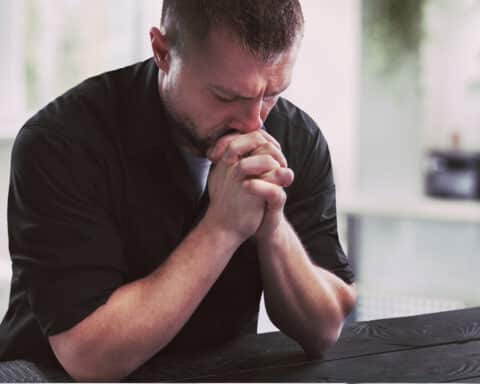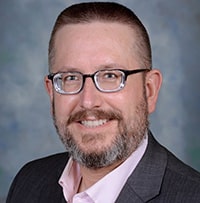
I was first introduced to the music of singer-songwriter Allen Levi while listening to a podcast dedicated to the work of the farmer, poet, essayist, novelist and short-story writer Wendell Berry. I spent a glorious afternoon raking leaves last fall while making my way through the entire corpus of Levi’s work, which is available on Apple Music (among other places).
One song in particular, “Did Not Save the World Today,” struck a chord with me because it seemed to sum up so much of what I’ve written over the past quarter-century. I must have listened to it a dozen times that day and have often played it in the evening in the months since. In contrast to the modern tendency, amplified by social media, to assume that everything depends on us, on our “big ideas and lofty claims,” Levi celebrates walking “the small and quiet way / the life that God has given me.” After two years in which nearly everyone became an expert on infectious diseases, racism and now foreign policy, the deliberate narrowing of one’s horizons to living life with gratitude, “to do the good that I could do / to love the people close to me / my neighbors and my family,” is refreshing.
On one of the first days of Lent, reading a reflection from Exodus 90 during my morning Holy Hour at Sts. Peter and Paul here in Huntington, Indiana, one line struck me: “If we want to know the way our life will unfold, we look at the life of Christ.” As I looked up from those words to the crucifix on the high altar, I can’t really say that I was comforted.
Several years ago, during confession at the Cathedral of St. Peter in Rockford, Illinois, a priest instructed me, as part of my penance, to pray the Our Father very slowly, meditating on each phrase of the Lord’s Prayer while keeping my eyes fixed on the enormous crucifix at the front of the church.
At first, I didn’t think much of that penance. I was in my late 40s at the time and a lifelong Catholic. Surely, I thought, I must have prayed the Our Father innumerable times while gazing at a crucifix.
And then I did what the priest instructed. And I’ll never look at the Lord’s Prayer the same way again.
Try to say the words “thy kingdom come, thy will be done” as you look upon the body of our crucified Lord. By following the will of the Father, he ended up on the cross. The Father permitted Christ’s crucifixion for our sake; we demanded it through our attachment to sin.
In a world shaped by the consequences of original sin and all of the actual sins of men and women down through millennia, following the Father’s will takes us to the foot of the cross. We spend so much of our lives trying to navigate the waters of this life, to avoid the rocky shoals of a world distorted by sin, to achieve a safe voyage by the standards of fallen man. But our only sure refuge is found in the cross, where Christ hangs battered and broken, and yet more whole than we.
Because Christ did not conform himself to this world, we crucified him; because he said “thy will be done,” he set us free from our sins, which placed him on the cross. This is the kingdom of God: to do the Father’s will in a world broken by sin. Christ becomes our daily bread, and he delivers us from evil.
“I did not save the world today / or change the course of history.” I don’t need to save the world, because Christ did, and he continues to do so every day. I need only to take up my own cross and follow him through “the life that God has given me,” knowing where the road will lead.
Scott P. Richert is publisher for OSV.

